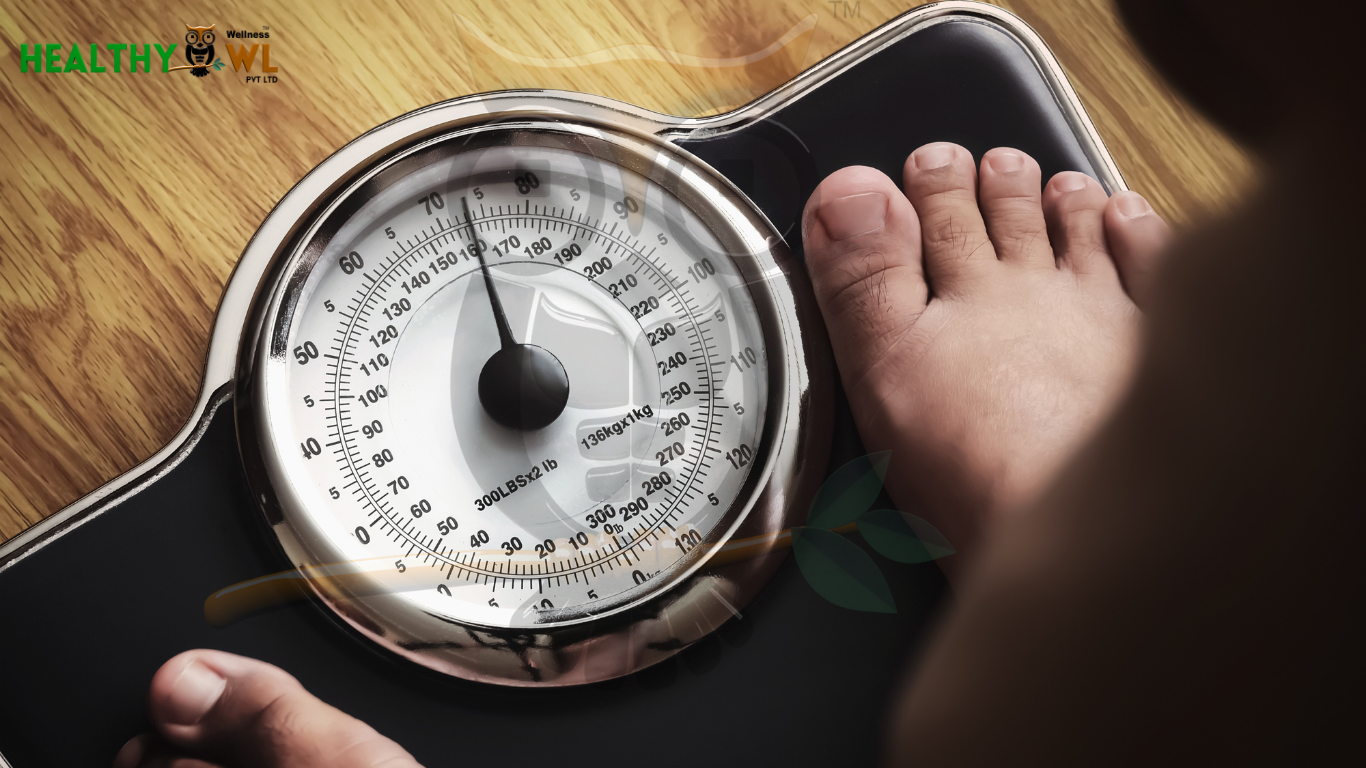When trying to manage your weight, the scale can be a helpful tool—but it doesn’t always tell the whole story. Our body weight can fluctuate due to various factors, many of which are often overlooked. Understanding these influences can help you interpret the number on the scale more accurately and avoid unnecessary frustration. Below, we’ll explore the most common factors that affect your weight and, more importantly, what you can do about them.
1. Hydration Levels
Water weight is one of the biggest causes of short-term weight fluctuations. Dehydration can lead to water retention, which increases your weight. On the flip side, consuming large amounts of water right before stepping on the scale can also show a higher number.
What to do: Stay hydrated and weigh yourself at the same time each morning, ideally before eating or drinking, to avoid skewing results.
2. Water Retention
Fluctuations in fluid intake and retention can cause short-term changes in your weight. Factors like consuming too much salt, not drinking enough water, or hormonal changes can lead to water retention, making the scale show a higher number without any actual fat gain.
What to do: Keep your sodium levels in check, stay well-hydrated, and track your weight regularly for consistency. Maintaining a balanced diet and proper hydration can help minimize water retention. For tailored guidance, it’s a good idea to consult a nutritionist.
3. Exercise and Temporary Weight Gain
After intense workouts, especially strength training, your muscles may temporarily retain water as they recover from small tears. This is part of the natural healing process and can cause the scale to show a higher number, even though you’ve burned calories.
What to do: Don’t be discouraged if your weight increases after exercising. Instead, focus on your overall fitness, muscle strength, and how you feel, rather than the number on the scale.4.
4. Inflammation
Inflammation in the body, caused by injury, illness, or even stress, can lead to water retention. This is the body’s response to healing and protecting itself, but it can make your weight temporarily increase.
What to do: Allow your body time to recover, and consider speaking to a healthcare professional if you have concerns about chronic inflammation.
5. Time of Day
Your weight naturally fluctuates throughout the day, typically increasing towards the evening. This variation can be due to food, water, and activity levels.
What to do: Weigh yourself consistently in the morning for more accurate tracking.
6. Clothing
The type of clothing you wear can add to your weight on the scale. Heavier fabrics or layers can skew your results by a pound or more.
What to do: Weigh yourself in light clothing or the same outfit each time to get a more consistent result.
7. Stress
When you’re stressed, your body releases cortisol, a hormone that can contribute to weight gain, particularly around your midsection. Stress can also lead to water retention and trigger emotional eating, which affects your overall weight.
What to do: Combat stress by incorporating regular exercise, practicing mindfulness, or seeking help from a professional to develop effective stress management strategies.
8. Medications
Certain medications, such as antidepressants, corticosteroids, and birth control, can cause weight gain through fluid retention, changes in appetite, or altered metabolism.
What to do: If you suspect your medication is affecting your weight, talk to your healthcare provider about possible alternatives or strategies for managing side effects.
9. Alcohol Consumption
Alcohol is high in empty calories and can lead to dehydration, causing the body to retain water the following day.
What to do: Limit alcohol intake and stay hydrated when you do drink to reduce its impact on your weight.
10. Scales Used
Different scales may show slightly different numbers due to calibration or design, even when your actual weight hasn’t changed.
What to do: Use the same scale consistently for tracking, and don’t rely on just one measurement for your overall progress.
Why Understanding These Factors is Essential
The scale is a machine, and like all machines, it isn’t perfect. Your weight is influenced by many factors beyond fat, such as hydration, muscle mass, and even the time of day. Understanding these factors is the key to maintaining a healthy relationship with your weight and focusing on overall well-being, rather than obsessing over daily fluctuations. By making lifestyle changes and dietary adjustments, you can create sustainable health habits.
How to Respond to Weight Fluctuations
By understanding that weight fluctuations are normal, you can stay on track without feeling discouraged. Here’s how you can stay focused on a healthy mindset:
- Be Consistent: Weigh yourself under the same conditions each day, preferably in the morning after using the bathroom, before eating or drinking.
- Track Long-Term Trends: Focus on how your clothes fit, your energy levels, and other markers of progress instead of daily weight changes.
- Adjust Your Lifestyle: Manage your hydration, sleep, and nutrition to create sustainable habits.
- Seek Professional Guidance: If you’re unsure how to interpret weight fluctuations or need personalized advice, consider working with a certified nutritionist.
Don’t Let the Scale Define Your Health Journey
Remember, the number on the scale doesn’t define your self-worth or your health decisions. Achieving long-term, meaningful progress is about more than just the numbers—it’s about feeling good and living a healthy lifestyle.
Ready to Take Control of Your Health?
Book an appointment with our team today to explore personalized nutrition plans tailored to your goals. Let us help you achieve long-lasting, meaningful progress. [Book Now]











